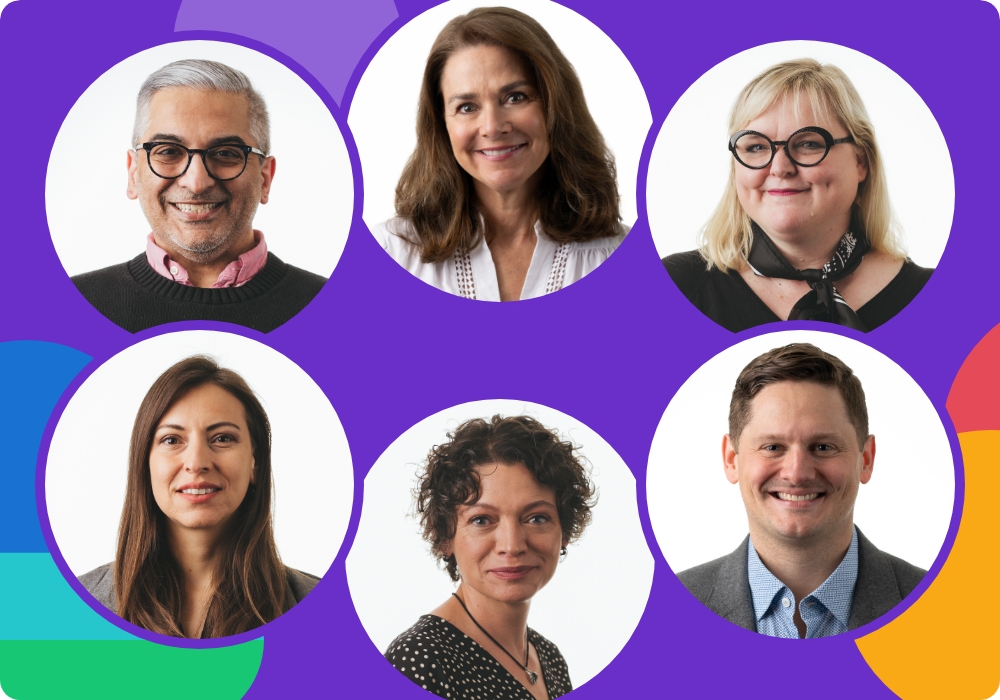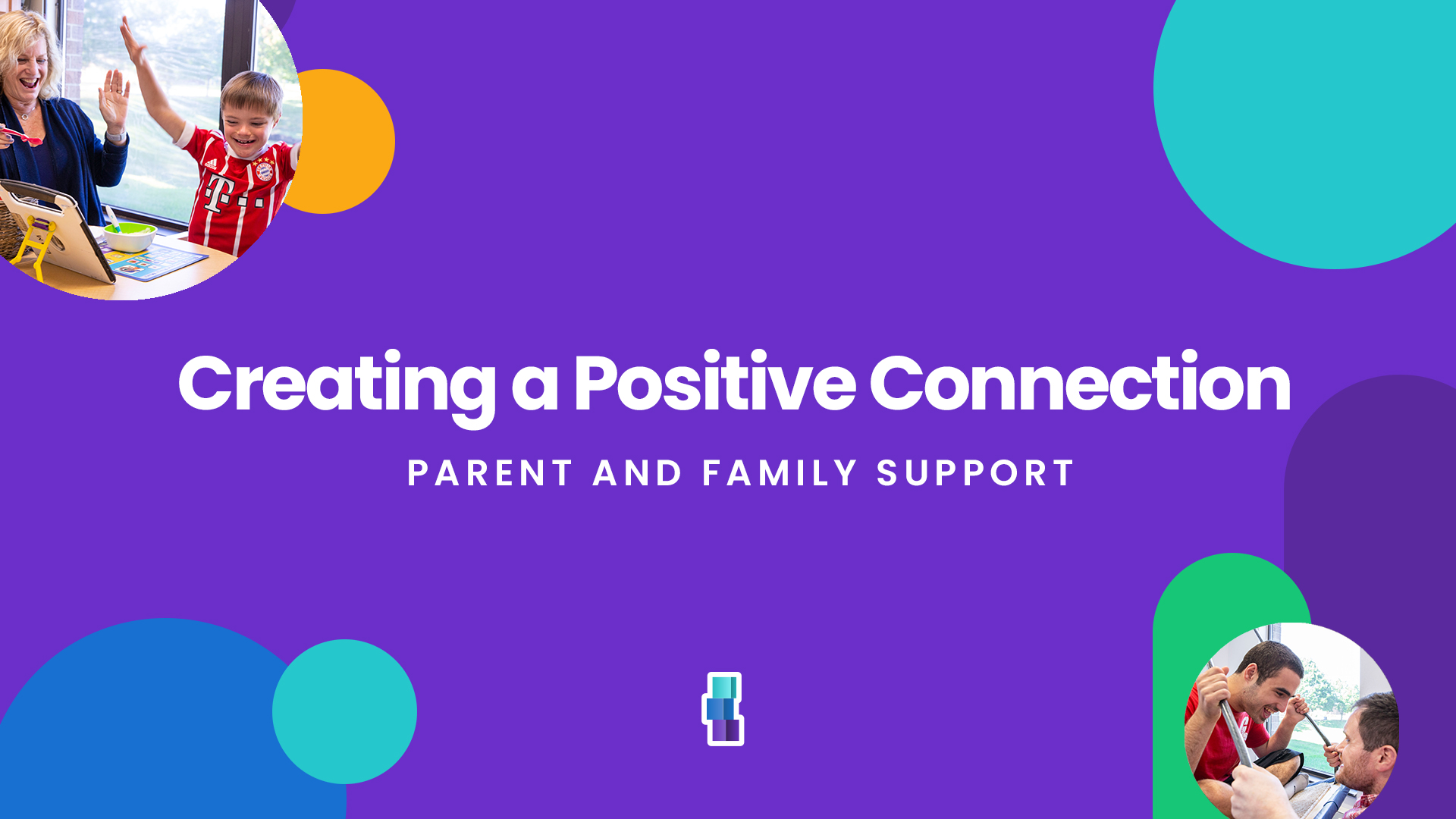
December is here and so are social calendars filled with events, activities, and anticipation. While the carols will tell you that it’s the most wonderful time of the year, it doesn’t always feel “wonderful.” The holidays bring a different set of challenges than what we’re used to in our usual routines. We at PD have made a list (and checked it twice) to help your holidays be happy and bright. Here are some suggestions:
Remember, change is hard.
You walk down the stairs one December morning and your whole house is covered in bright, blinking lights and prickly garland. Yikes! To avoid this jarring experience, consider decorating a specific area of the house, but leave other areas as they usually are. Or you can slowly decorate your house, making small changes every few days. Consider your child’s unique sensory profile. Decorations are designed to appeal to our senses (think: visualàlights; auditoryà bells, songs; olfactory/smellà candles). Consult with your child’s therapy team—specifically your child’s occupational therapist—to discuss what decorations may be complementary to your child’s sensory preferences. Also, involve your children in the changes as much as possible. Letting them select decorations or the location of specific items can make the changes feel more under their control.
Preparation is key.
The holidays are filled with numerous activities and events that our children get to experience once a year. Last year, most activities were not available, making this year more of everything: more excitement, more strangeness, more anticipation, etc. If your child is seven years old, the last “normal” holiday season they experienced was when they were five years old. For your child, that is a lifetime ago! You may need to prepare your children in detail about what to expect at different activities.
- Social stories can be effective to explain the details of events and traditions.
- Try sitting with your child and show pictures from last year and from a pre-COVID holiday season.
- Talk about what will be the same and what will be different.
- Show your child pictures of extended family members that will be at specific events.
As a parent, you know best how much preparation your child may need. Some children panic when given too much advanced notice of an activity, while others need time to process an upcoming change in routine. In that respect, visual calendars can be helpful to show your child when to expect special days and activities. And for children who are not yet using calendars, try counting the number of “sleeps” until the big events.
Peace and Quiet.
No matter how you celebrate this season, additional music tends to surround us all this time of year, and your child may need an escape from all the jingle bells. Whether you’re having guests at your place, traveling for the holidays, or even just running errands, try to establish a calm room or area for your child to take breaks (even just keeping the radio off in the car could go a long way).
- Fill the space with some of your child’s favorite calming items, such as a soft blanket.
- Encourage them to self-advocate for quiet time and help them notice if their anxiety is rising.
- Noise-canceling headphones, sunglasses, and other sensory supports may provide comfort to your child when escape is not available.
Your child’s occupational therapist will be able to provide individualized suggestions.
Familiar foods.
With all of the family gatherings, there’s no shortage on rich food and sweet treats. If your child has specific foods that are comfortable and familiar, try to have those available at food-focused activities. With all the changes happening during the holidays, having access to a low-stress food item can be very regulating for a child.
Take their lead.
Let your child’s interests be a guide for gifts and activities as much as possible. Too often our autistic children are pushed further and further out of their comfort zone when it comes to toys, play, and even leisure. Lean into their interests even if it seems repetitive/redundant to you or others.
Looking for some other gift ideas? At PD, our employees have helped put together a list of neurodivergent friendly gift ideas. When buying for others, look to support neurodivergent-owned businesses.
Extended family.
Sometimes the most difficult part of the holidays is opening your immediate family to the judgment and criticism of extended family. When others are being generous with unsolicited opinions and advice, set boundaries as needed. Others usually offer advice with good intentions, and you can acknowledge those intentions while still setting boundaries. Sometimes boundaries include saying “no, thank you” to staying late at a gathering – or even saying “no, thank you” to going at all!
Help your child establish healthy boundaries as well. Think about family members that may need a little extra preparation (ex. Will Grandma be upset if your child doesn’t try her fruit cake? Will Uncle Irv understand that refusing his hug isn’t about him?). If needed, talk with relatives about respecting your child’s needs and wishes. For those family members who are genuinely eager to help and be supportive, be specific and direct about what will work for your child and what will not. Share favorite tv shows, songs, activities, foods, and games to help others connect with you and your child.
At the end of the day (any day, not just holidays), you as the parent know your child best. This time of year can be overwhelming for everyone, neurodiverse or not. So be open, be honest, and be gentle with your child and yourself. There is no one, right way to experience and enjoy the holidays: Christmas? Hanukkah? Kwanzaa? Neurodiverse? None of the above? Do what’s right for your child and your family and there can be joy in your world! And a very Happy Holidays from all of us at Team PD!



.png)






